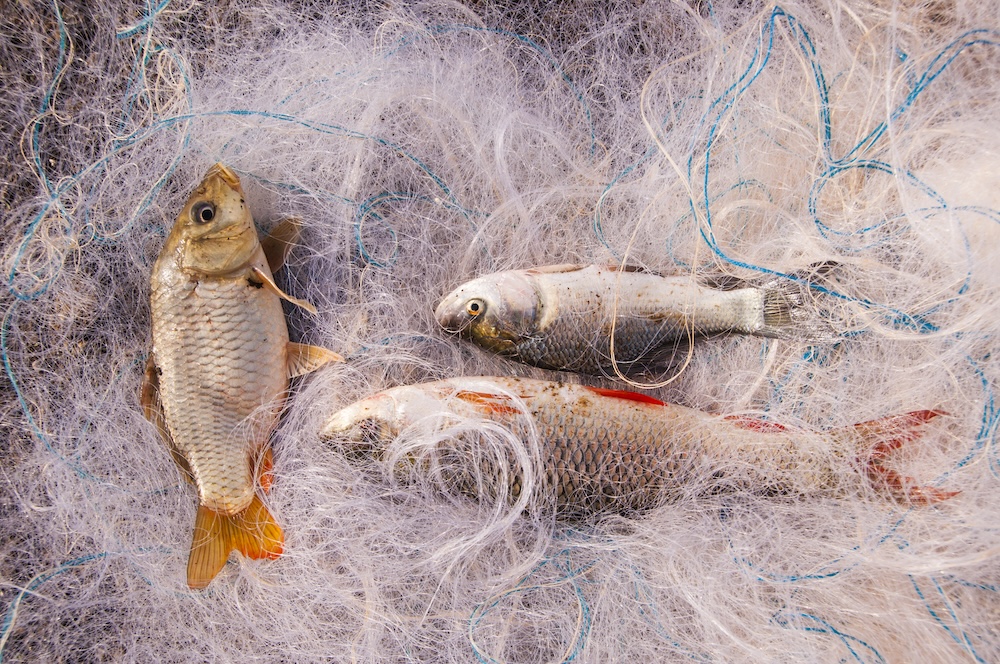What Is Overfishing and Why Does It Matter?
Overfishing occurs when fish are harvested faster than they can naturally reproduce and replenish. This imbalance depletes fish stocks, disrupts marine ecosystems, and threatens global food security. While fishing has sustained human communities for thousands of years, modern industrial techniques and rising global demand have pushed many species to the brink.
Understanding the scale of overfishing is crucial because oceans provide not only food but also critical ecosystem services like regulating the climate, producing oxygen, and supporting biodiversity. When fish populations collapse, the ripple effects are felt far beyond the water.
Environmental Impacts of Overfishing
Disruption of Marine Food Chains
When predator species like tuna, cod, or sharks are overfished, prey species often multiply unchecked. This imbalance disrupts the natural food web, causing population explosions of certain species while others decline. Such cascading effects can destabilize entire marine ecosystems.
For example, the decline of cod in the North Atlantic led to an overabundance of small fish and invertebrates, which in turn changed the dynamics of the ecosystem and made cod recovery much harder.
Loss of Marine Biodiversity
Overfishing drives species toward extinction, directly reducing biodiversity. Each species plays a unique ecological role, from nutrient cycling to controlling prey populations. Removing even one species can weaken an ecosystem’s resilience, leaving it more vulnerable to other pressures such as climate change, ocean acidification, and pollution.
Healthy biodiversity ensures oceans remain productive and adaptive. Without it, we risk ecological collapse that can affect not just marine life, but humanity itself.
Habitat Damage from Destructive Fishing
Certain fishing techniques, such as bottom trawling, cause physical destruction to fragile habitats like coral reefs and seagrass beds. These habitats serve as nurseries for countless marine species. Once damaged, they take decades—or longer—to regenerate, leaving fish populations without vital breeding grounds.
Economic and Social Consequences
Impact on Global Economies
The global seafood industry is worth billions, but overfishing puts that value at risk. As fish stocks decline, prices rise and profitability decreases. Nations that rely on fish exports face reduced competitiveness in the global market. In the long run, unsustainable fishing jeopardizes not only ecosystems but also global economic stability.
Threat to Livelihoods
For millions of people, especially in coastal communities of developing nations, fishing is the primary source of income. When fish stocks collapse, unemployment and poverty rise. In some areas, this economic pressure forces fishermen to travel farther, fish longer, or use riskier methods, deepening the cycle of overexploitation.
Food Security Concerns
Fish is a vital source of protein and micronutrients for billions of people worldwide. Overfishing reduces availability, threatening food security and nutrition, particularly in vulnerable regions. Children and pregnant women are disproportionately affected when access to affordable fish declines, leading to malnutrition and health risks.
Sustainable Fishing Practices
Fishing Gear Innovations
Selective gear like larger-mesh nets, fish traps, or hook-and-line systems reduce bycatch (the unintentional capture of non-target species). Modifying gear helps protect juvenile fish, sea turtles, and other marine life while ensuring healthier stock replenishment.
Catch Limits and Marine Reserves
Enforcing science-based quotas helps maintain fish populations at sustainable levels. Marine reserves, where fishing is restricted or banned, act as safe havens for marine life. These areas allow ecosystems to recover, replenish fish stocks, and even improve catches in nearby fishing zones through a “spillover effect.”
Sustainable Aquaculture
Responsible aquaculture, or fish farming, can help relieve pressure on wild stocks when done correctly. Innovations in plant-based feeds, closed-loop systems, and seaweed integration are reducing the environmental footprint of farmed fish, offering a more sustainable seafood option.
Circular Economy in Seafood
Adopting circular economy principles—such as reducing food waste, recycling fishing nets, and repurposing byproducts like fish oils—can make seafood industries more sustainable. Initiatives like net recycling programs not only protect oceans from pollution but also create alternative income streams for fishing communities.
What Individuals Can Do
- Choose certified sustainable seafood (look for labels like MSC or ASC).
- Support local fishers who use small-scale and sustainable practices.
- Reduce seafood waste by buying only what you need and using leftovers creatively.
- Advocate for ocean conservation policies that prioritize sustainability and biodiversity.
Conclusion
Overfishing is not just a threat to marine life—it is a global crisis that impacts food security, economies, and the health of our planet. The collapse of fish populations disrupts ecosystems, harms livelihoods, and endangers biodiversity.
The good news is that solutions exist. From sustainable fishing gear to marine reserves, aquaculture innovation, and consumer awareness, we have the tools to reverse the trend. By embracing responsible practices, supporting circular economy initiatives, and demanding stronger regulations, we can restore balance to our oceans.
Protecting marine ecosystems is not only an environmental priority but also a moral responsibility for future generations. Ensuring that fish populations recover and thrive means safeguarding the oceans that sustain us all.









Reader Interactions